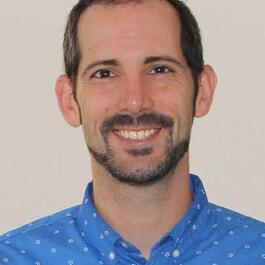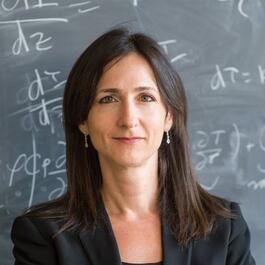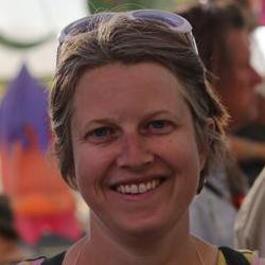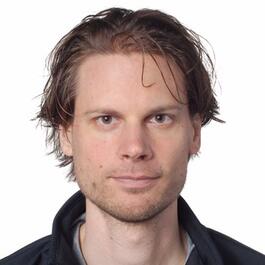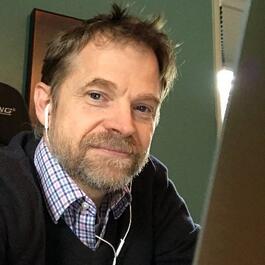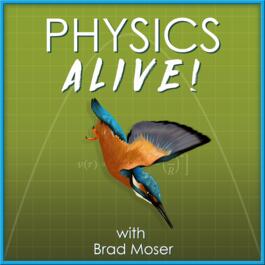
Physics Alive
Physics Alive is the podcast where host Brad Moser, Ph.D., sparks new life into the physics classroom. He speaks with researchers and textbook authors on the frontiers of physics education, life science and health professionals who use physics on an everyday basis, designers and engineers who learn from the natural world, teachers who employ innovative and active learning styles, and students who want the most out of their education.
Show episodes
Maple Syrup. Champion of breakfast, the perfecter of pancakes. Sweet addition to butter, beans, and even bacon. But how does that treat travel from tree to table? Phenomenal physics is in no short supply, and Abby van den Berg, a Research Associate Professor at the University of Vermont Proctor Maple Research Center, s
The universal design for learning (UDL) framework is an approach based on educational research that can guide the development of flexible learning environments that are supportive of and accessible to all learners. I’m speaking with Melissa Eblen-Zayas and Kristen Burson, authors on a recent paper describing their effo
What if I told you that you could do velocity, acceleration, friction, rotations, impulse and momentum, pressure, sound, color, and magnetic field labs all with a single measurement device? And what if I told you that almost every student is walking into the classroom with their own device already in hand? Welcome to P
The Physics Alive podcast is on the road this week! A busy semester has made it challenging to produce new episodes, so your host has taken his microphone on the road, recording while driving. Hear updates about Brad's classes and experiences this semester at his new teaching institution, Plymouth State University. The
ISLE, the Investigative Science Learning Environment, is an intentional holistic learning environment for physics. It addresses two main goals: to help students learn physics by engaging them in the processes that mirror scientific practice and to improve their well-being while they are learning physics. Eugenia Etkina
In this episode, I talk about DNA: a simple DNA diffraction and interference experiment using the spring from a pen, and the DNA, the structure of my introductory physics class during the spring '22 semester. Full show notes at: www.physicsalive.com/dna DNA Diffraction and Interference Lab and/or Demonstration Fig
